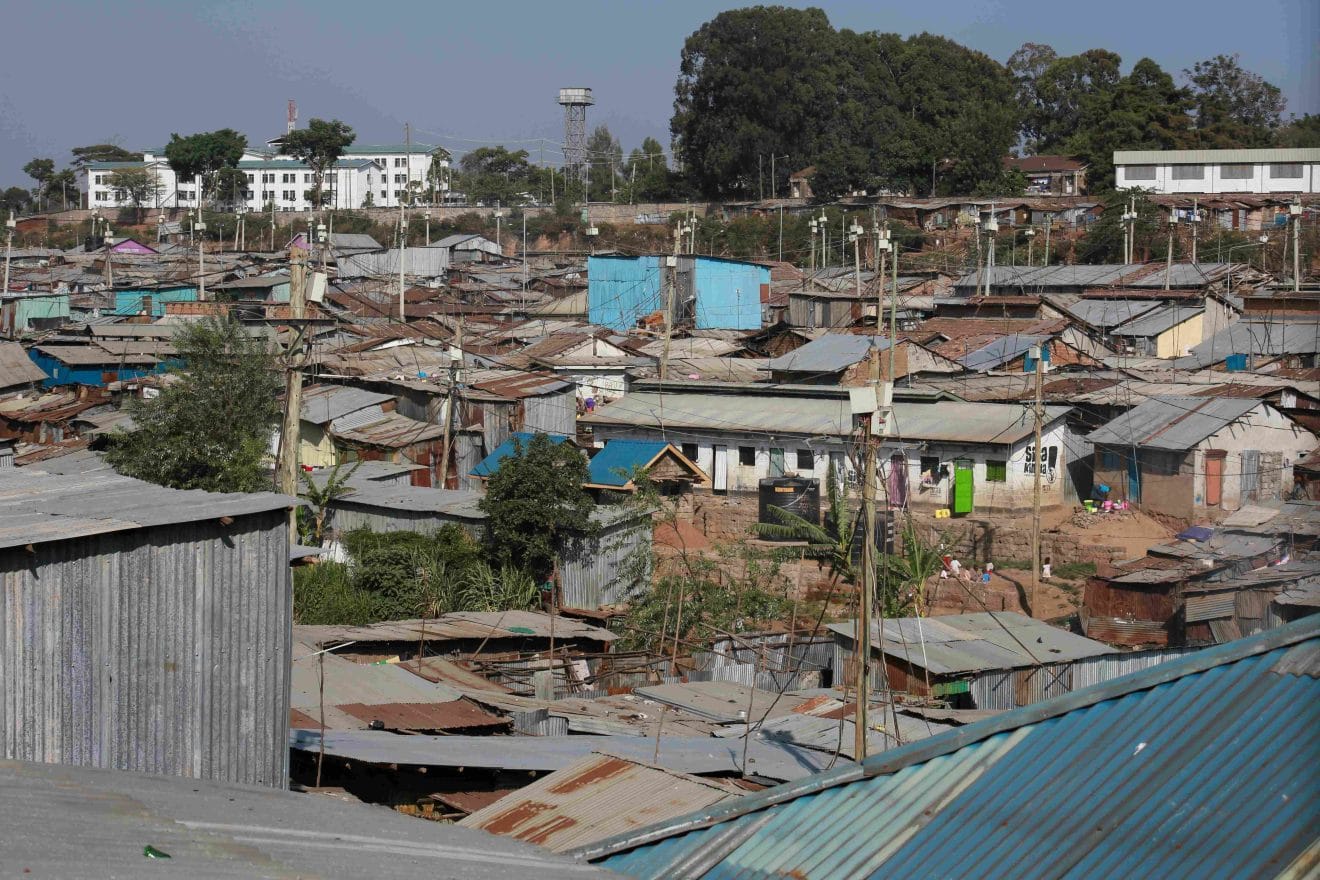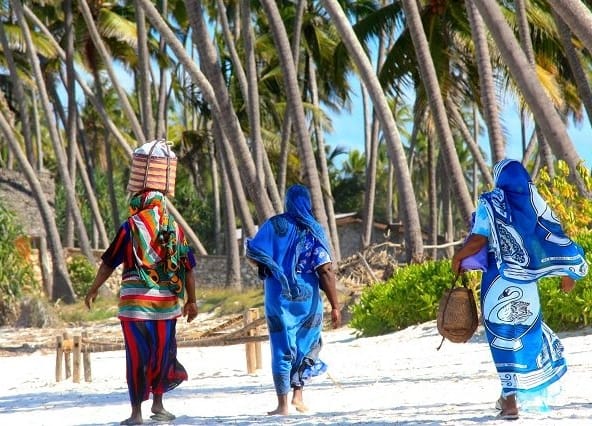Introduction
When you hear the word “slum,” what comes to mind? Crowded, chaotic, and impoverished? While Nairobi’s informal settlements like Kibera and Mathare do face challenges, they’re also bustling hubs of culture, community, and resilience. Understanding these areas through the lens of culture and lifestyle reveals a whole different story—a narrative full of ingenuity, entrepreneurship, and social bonds.
The Cultural Mosaic of Informal Settlements
Informal settlements in Nairobi are melting pots where people from all over Kenya—and beyond—come together. They are characterized by:
Diverse ethnic communities coexisting and collaborating
Strong social networks that function like extended families
A rich culture of entrepreneurship, from open-air markets to artisanal crafts
Here, real estate isn’t just about property ownership; it’s about creating a sense of belonging and survival.
Housing Realities and Innovations
While infrastructure may be limited, residents often demonstrate remarkable innovation in housing:
Self-built homes with creative use of materials like corrugated iron, timber, and plastic
Shared water points and sanitation facilities fostering community cooperation
Emerging initiatives for affordable housing and slum upgrading that respect cultural ties
Developers and NGOs working in these areas must appreciate the cultural nuances to foster meaningful change.
The Role of Culture in Community Development
Community elders, religious leaders, and women’s groups play vital roles in:
Mediating disputes over land and property
Organizing neighborhood improvements
Preserving cultural festivals and rituals that strengthen social cohesion
Recognizing these roles is key to sustainable real estate solutions in informal settlements.
Slums as Real Estate Opportunities?
It might sound controversial, but there is growing interest in formalizing and upgrading informal settlements:
Governments and private firms are launching affordable housing projects to replace or improve slums
Slum upgrading focuses on improving water, sanitation, and roads without displacing residents
Cultural sensitivity in these projects ensures the preservation of community ties and heritage
Such efforts highlight the complex balance between development and culture.
Conclusion
Nairobi’s informal settlements are far more than just “slums.” They’re dynamic communities with rich cultural tapestries and real estate challenges and opportunities deeply intertwined with lifestyle. To truly understand Nairobi’s housing scene, you’ve got to look beyond the surface and appreciate the vibrant culture that makes these communities pulse with life.





